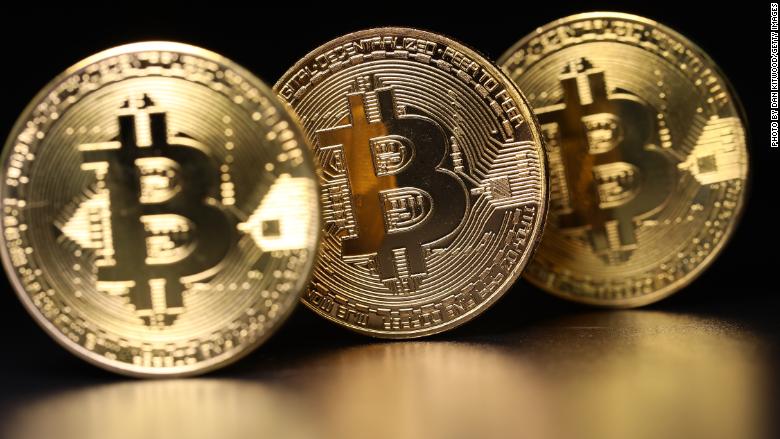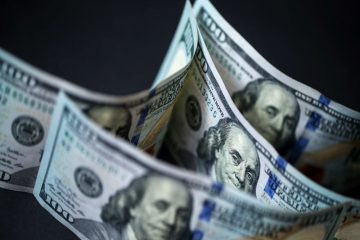‘Speculative Mania.’ Bitcoin Is More Likely to Appeal to Criminals Than Consumers, RBA Governor Says

Australia’s central bank chief added his voice to growing criticism of Bitcoin, saying the cryptocurrency that’s soared above $ 17,000 is more likely to appeal to criminals than consumers.
“When thought of purely as a payment instrument, it seems more likely to be attractive to those who want to make transactions in the black or illegal economy, rather than everyday transactions,” Governor Philip Lowe said in a speech in Sydney Wednesday. “So the current fascination with these currencies feels more like a speculative mania than it has to do with their use as an efficient and convenient form of electronic payment.”
Bitcoin has soared more than 1,600 percent this year as people rush to buy the digital currency in the hope it will become a legitimate alternative to gold or traditional money. Lowe joins a string of central bankers globally who have warned of the downside of digital currencies, including his New Zealand counterpart Grant Spencer, who at the weekend said Bitcoin’s gains looked “remarkably like a bubble.”
Read more: Rise of cryptocurrencies is putting them on central banks’ radar
“The value of Bitcoin is very volatile, the number of payments that can currently be handled is very low, there are governance problems,” said Lowe. “The transaction cost involved in making a payment with Bitcoin is very high and the estimates of the electricity used in the process of mining the coins are staggering.”
“In reality these currencies are not being commonly used for everyday payments and, as things currently stand, it is hard to see that changing,” he added.
South Korea is convening an emergency meeting on cryptocurrencies, Yonhap News reported Wednesday, without elaborating. Hong Kong’s Securities and Futures Commission on Monday reminded investors of the risks associated with Bitcoin futures contracts, citing insufficient liquidity, high price volatility and potential market manipulation.
The European Central Bank has repeatedly warned about the dangers of investing in digital currencies. Vice President Vitor Constancio said in September that bitcoin isn’t a currency, but a “tulip” — alluding to the 17th-century bubble in the Netherlands.
Randal Quarles, the Federal Reserve’s vice chair for supervision, said earlier this month the Fed has no policy toward regulation of bitcoin but “it certainly is something that is worth thinking about.”
The Reserve Bank of Australia chief’s speech addressed a subject of increasing interest: does it intend to issue a digital form of the Australian dollar? The short answer is no, Lowe said.
Lowe said the case for adding an electronic form of Australian banknotes to the payments mix has not been established, even if it were technologically feasible. The RBA is in close contact with its peers in other countries on this issue and few see electronic banknotes on the horizon, he said.


